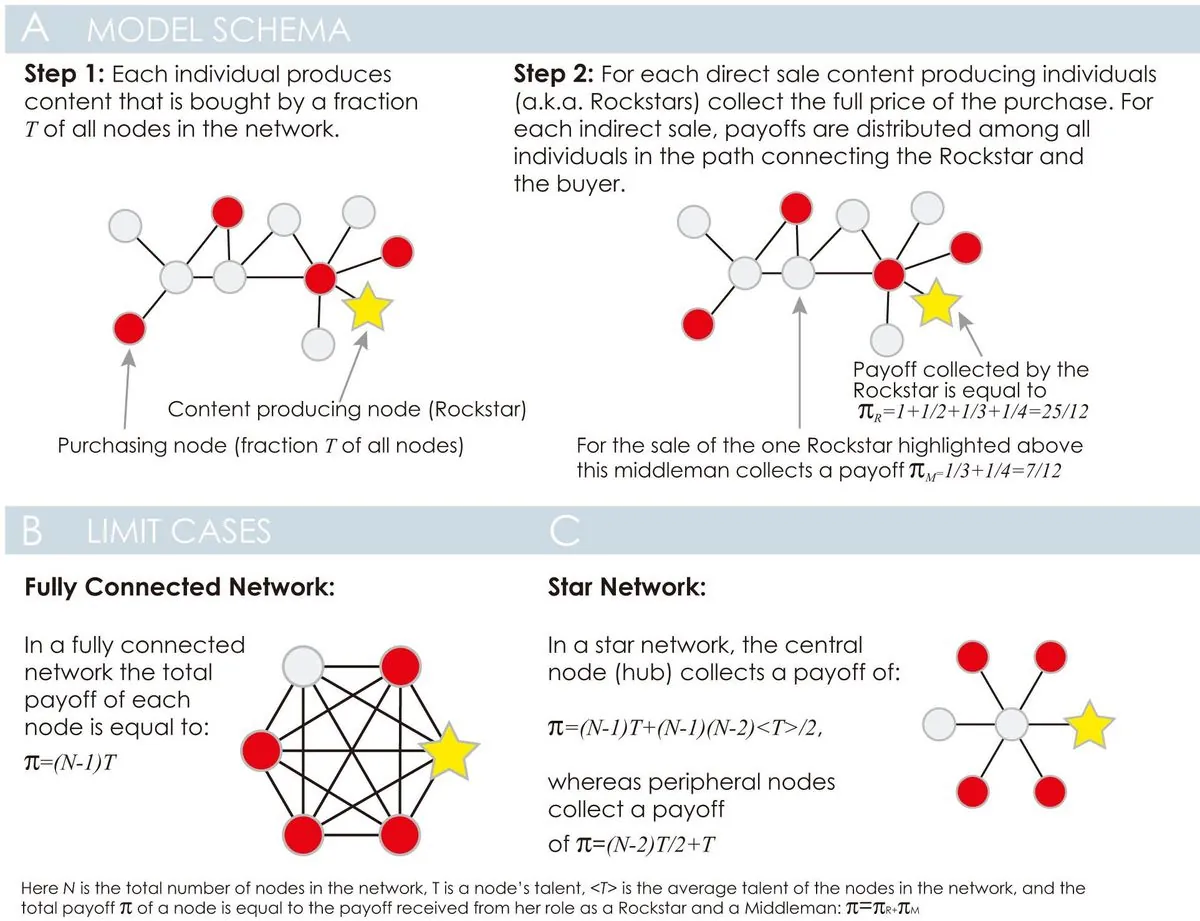Unmasking Modern Autocracy: Anne Applebaum's Revealing Analysis
Anne Applebaum's "Autocracy, Inc." exposes the intricate networks of modern dictatorships. The book analyzes how autocrats collaborate globally, influencing democracies through corruption and misinformation.

In her latest work, "Autocracy, Inc.: The Dictators Who Want to Run the World," Anne Applebaum offers a compelling examination of contemporary authoritarianism. Set to be published in July 2024, this book provides crucial insights into the evolving nature of autocratic regimes and their global impact.
Applebaum, a Pulitzer Prize-winning author known for her expertise in Soviet history, argues that modern autocracies differ significantly from their predecessors. Unlike the ideologically driven communist regimes of the past, today's autocrats prioritize power accumulation and personal enrichment. This shift explains seemingly contradictory phenomena such as China's socialist capitalism or Venezuela's "Bolivarian revolution" under Hugo Chávez and Nicolás Maduro.
The author emphasizes that contemporary dictators rely on sophisticated networks rather than operating in isolation. These networks span various sectors, including finance, technology, and propaganda, and extend beyond national borders. This interconnectedness makes it challenging for pro-democracy activists to combat authoritarian influence effectively.

Applebaum's analysis extends to the role of Western countries in enabling autocracies. She traces this back to 1967 when European nations began collaborating with the Soviet Union on natural gas projects. Similarly, she critiques the belief that trade with China would lead to democratic reforms, a notion prevalent in the 1990s. By 2021, these economic ties had created significant dependencies, with Europe importing 45% of its natural gas from Russia and U.S.-China trade reaching $657 billion.
The book also explores how autocracies influence democracies through various means:
- Exploiting financial loopholes in Western systems
- Conducting information operations to exacerbate political divisions
- Manipulating international institutions like the United Nations
"Despite all the debate about the economic impact that open borders might have on Western markets, almost no one spoke about the political impact on Western democracies."
To counter these challenges, Applebaum suggests building networks that can resist autocratic behaviors. These include collaborations among journalists, lawyers, military and intelligence organizations, and economic experts. However, the book lacks detailed strategies for implementing these suggestions.
While "Autocracy, Inc." provides valuable insights into the workings of modern authoritarianism, some critics argue that it oversimplifies past Western decisions regarding engagement with Russia and China. Nevertheless, the book serves as an essential guide to understanding the complex landscape of global autocracy and its implications for democratic societies.
As democracies grapple with the influence of autocratic regimes, Applebaum's work underscores the need for vigilance and coordinated efforts to safeguard democratic values in an increasingly interconnected world.


































